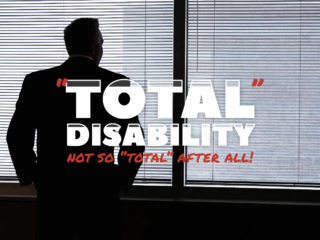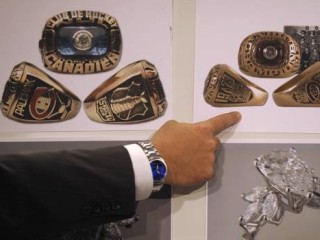Guest Author: David Green, Linden & Associates
When it comes to litigation privilege, timing is not everything.
In this case, Master Josefo ordered production of a document that was created by the defendant, Toronto Paramedic Services, six months after the commencement of litigation. To support their privilege claim, the defence tendered affidavit evidence from counsel about what he had been told by the author of the document. In his affidavit, counsel stated that the document, entitled “Internal EMD (Emergency Medical Dispatcher) Review,” was prepared “in response to the Statement of Claim.” No further evidence was provided.
Master Josefo was invited to infer, from the timing of the document’s creation, that it was prepared for the dominant purposes of litigation. His Honour declined to do so. Master Josefo noted that the document could have been prepared for a variety of purposes other than litigation and that the supporting affidavit evidence was “thin to non-existent.” His Honour noted that counsel, quite tellingly, did not swear that the document was “prepared to allow for counsel to prepare a defence, or to prepare the witnesses for discovery, or to better understand this complex case.” Master Josefo remarked that counsel did not swear any evidence to this effect because it would have likely been untrue.
Master Josefo concluded, based on the title of the document and the absence of evidence to the contrary, that the document was likely prepared as part of a quality assurance investigation into the dispatching process rather than for the dominant purpose of litigation. Master Josefo found that the test for litigation privilege had not been met and ordered production of the document.
Master Josefo’s endorsement is instructive: the fact that a document is created in the midst of litigation does not necessarily mean it is privileged. Timing is not everything.
See prior case summary and endorsement here.











